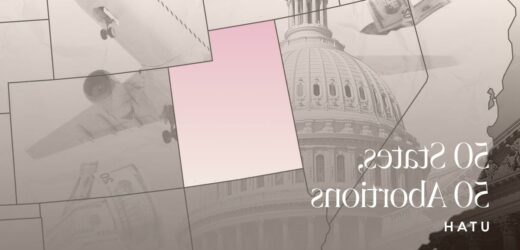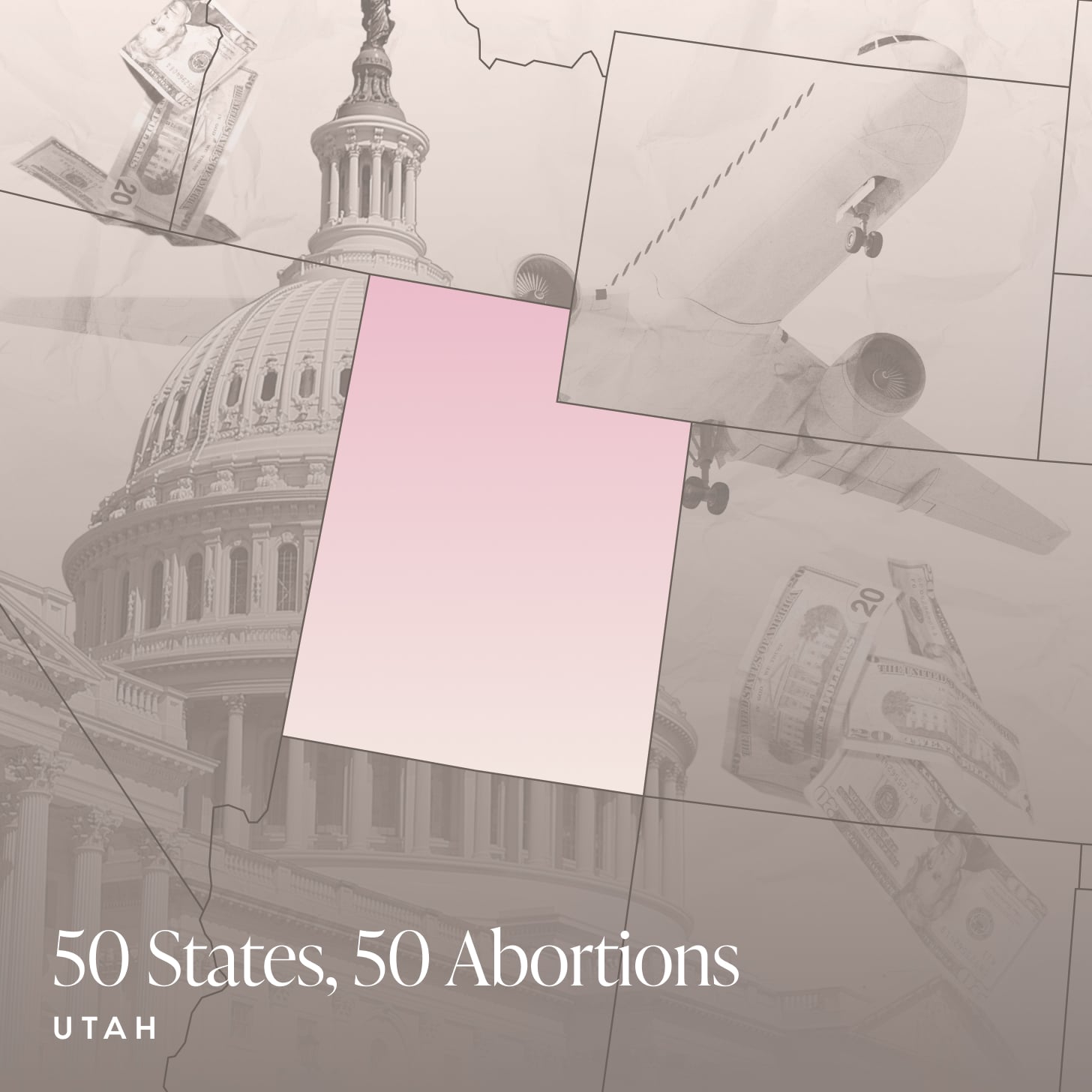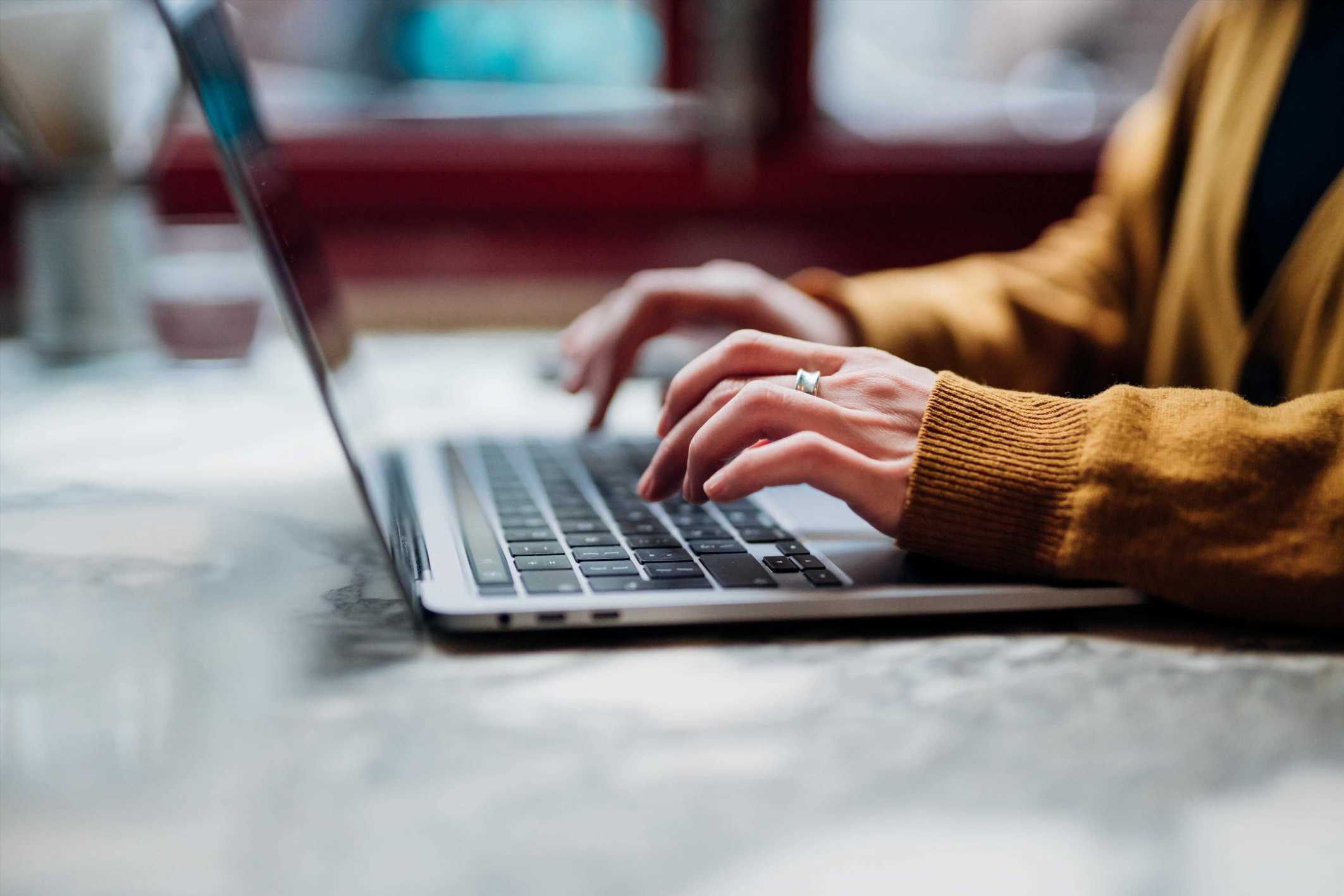This article is part of POPSUGAR’s 50 States, 50 Abortions, a large-scale storytelling project that aims to elevate the voices of people who’ve had abortions. For more information about how to find an abortion clinic near you, please visit The Cut’s abortion service finder.
It was 2014, and I was 22, living in the Salt Lake City area. I was in a situationship: I was technically seeing someone, but it had only been a month and wasn’t anything serious. I wasn’t on birth control, but we were using condoms. I’ve thankfully always had a really regular cycle, so I noticed right away when I didn’t get my period. I was about five weeks pregnant when I took a pregnancy test, and it came back positive.
I called the person I was seeing, and we talked it out. We were just getting to know each other, and he was leaving the country soon. He respected that I could do whatever I wanted with my body, and he would support me with whatever I wanted. I knew immediately that I wanted an abortion. I was fresh out of college and barely surviving. I wasn’t able to have a child at that moment. We both made the decision that this was the best choice for us.
I called Planned Parenthood next, and they didn’t have an appointment available until three weeks later. I barely made the cutoff for a medication abortion. Utah has a 72-hour waiting period for abortion, which made it even more annoying. I had to wait all those weeks to be seen, and then I still had to wait 72 more hours. I had to take two days off work. It was really frustrating to experience shifts in my body for those three weeks, knowing I didn’t want to be pregnant. And then you add on the three extra days, and I was just like, “Are you kidding me?” I was experiencing the symptoms of early stage pregnancy, and all I could do was wait.
I was lucky that I lived in Salt Lake, where the only abortion providers in Utah were located at the time. I didn’t drive, and I was able to take public transportation to and from my appointment. I borrowed some cash to pay for it, but the person I was seeing paid for the other half, which I was grateful for, and it ended up not being too much of a financial strain.
At the first appointment, they confirmed I was pregnant via a test and ultrasound, and they asked if I was sure I wanted an abortion. That appointment was super short and a waste of time to me. (Editors’ note: Utah had, and still has, an informed consent law, as described in the journal Women’s Health Issues, which requires people wanting an abortion to sign a consent form after being given certain information about pregnancy and abortion before having access to the health care.)
At the second appointment, I took the first abortion pill, and they gave me all the information about what to expect. They gave me the second medication to take 24 hours later, plus all the info in case anything went wrong. They told me to take the second medication at midday, but I couldn’t because I had to work, so I took it that night.
I’ve always had really heavy periods and very bad cramps. The abortion felt like that but a lot worse. It wasn’t unbearable. It was just a really, really heavy period with lots of cramping and a little bit of nausea. They did give me nausea medication to help with that, as well as strong ibuprofen for the pain, which I didn’t really need. For the 24 hours after I took the second pill, it was just a really heavy period with cramping, though I was able to sleep through some of it. And then I had six days of what felt like a regular period. A few days later, someone called me from the clinic to make sure I was OK, and I had a follow-up at the one-week mark to make sure that my uterus was cleared out. I got an IUD placed then.
There’s a lot of stigma around abortion here in Utah, and my family is somewhat religious, though I’m not. I didn’t tell people about the abortion until a few days after it was done, but it was more because I didn’t know how to ask for help than because of any shame around my decision. Once I did tell people, everyone was super supportive. A few friends even shared their experiences with abortion, which I had no idea about before.
The decision itself wasn’t very emotional for me, though. I knew it was the best choice. I knew I wasn’t ready to be a parent. If I’d done it, I would’ve been a struggling single parent, most likely living in poverty because I was broke as f*ck. I grew up poor, and I knew I didn’t want to go through that if it wasn’t necessary. I’m a single parent now, but I was definitely in a better situation when I did decide to have a child.
When Roe v. Wade was overturned, it was sad, but it wasn’t that shocking to me because access has never been guaranteed. As someone who works within the world of birth work and also within my own communities as a queer Black woman, I know how disproportionately affected people of color, people with low incomes, and people with marginalized identities are when it comes to access to birth and abortion care. Black women are already not listened to when giving birth or even just accessing healthcare. This was already a problem; now it’s a problem for everyone. When I was pregnant with my child, I learned about doulas and decided to become one in order to help other people, whether they were having an abortion or planning to give birth.
Community care is crucial when it comes to making healthcare accessible to marginalized communities. That’s something that we’ve already been working on. It’s just hard to shift with the political changes and the policies. After Roe was overturned, I was more annoyed by people who were having strong reactions, because they didn’t realize that access wasn’t ever guaranteed. Some folks acted like it was the end of the world. We’ve been doing the work, and now you’re just joining us.
I’m grateful that both times I’ve been pregnant, I’ve been able to decide the outcome of each pregnancy. I believe that’s why I am who I am today and why I passionately advocate for equity within healthcare — especially sexual reproductive healthcare, and especially for Black Indigenous people of color, or queer people, or people who don’t identify as women, because our voices matter. The reason we have reproductive justice is because of Black women and queer people. It’s not because of the white feminist movement. We’ve been saying this, and I hope people now listen.
— Candida Duran Taveras (she/her/ella) (Utah), as told to Victoria Edel
Image Sources For “Click For Stories From Each State”: Unsplash / Aaron Burden, Getty / Sergii Iaremenko/Science Photo Library, Unsplash / Manik Roy and Photo Illustration: Patricia O’Connor
Source: Read Full Article


